BU is a member of IUSDRP – an Inter-University Sustainable Development Research Programme. As part of that network, I am sharing with colleagues information in relation to publications and forthcoming events. You may be interested in participating further and/or submitting a paper to future conferences.
LATEST PUBLICATIONS as part of the “World Sustainability Series” a) Biodiversity and Education for Sustainable Development Castro, P., Azeiteiro, U.M., Bacelar-Nicolau, P., Leal Filho, W., Azul, A.M. (Eds.) 2016 Springer, Berlin: http://www.springer.com/de/book/9783319323176 b) Engaging Stakeholders in Education for Sustainable Development at University Level Leal Filho, Walter, Brandli, Luciana (Eds.) 2016 Springer, Berlin: http://www.springer.com/de/book/9783319267326 c) The Contribution of Social Sciences to Sustainable Development at Universities Leal Filho, Walter, Zint, Michaela (Eds.) 2016 Springer, Berlin: http://www.springer.com/de/book/9783319268644
FORTHCOMING EVENTS
The Symposium on Sustainable Development Research at Universities in the United Kingdom will be helt at Manchester Metropolitan University, UK on 5th -6th April 2016. Further details can be seen at: http://www.sste.mmu.ac.uk/conferences/
The preparations for the 3rd World Symposium on Sustainable Development at Universities (WSSD-U-2016), to be held at MIT, USA on 14-16 September 2016 are in full swing. The WSSD-U series is the world´s leading international event on sustainability in higher education and accepted papers will be published in a major volume titled “Handbook of Theory and Practice of Sustainable Development in Higher Education”, to be pulished as part of the “World Sustainability Series. Research teams with innovative research projects and outputs are welcome to contact the organisers to discuss possible presentations. The details can be seen at: https://www.haw-hamburg.de/en/wssd-u-2016.html
The World Symposium on Lifelong Learning for Sustainable Development will be held in Malta on 2nd – 4th March 2017. The event is being organized based on the perceived need to explore and present concrete case studies which illustrate how lifelong learning for sustainable development can be realised. Further details can be seen at: https://www.haw-hamburg.de/en/ftz-als/events/malta2017.html
The “Sustainability and Social Science Research Symposium” will be held at the University of Michigan, United States, on May 17th-19th 2017. The Call for Papers is now open and further details can be seen at: https://www.haw-hamburg.de/en/ftz-als/events/michigan2017.html


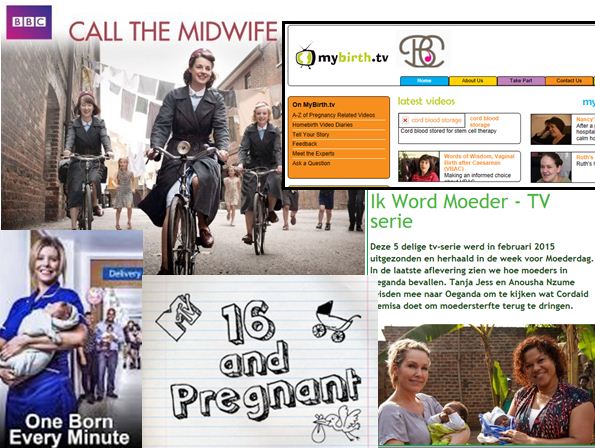
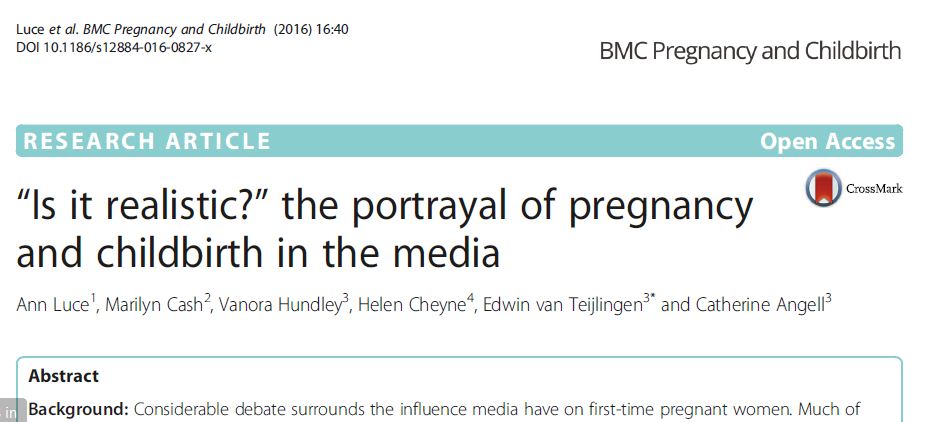
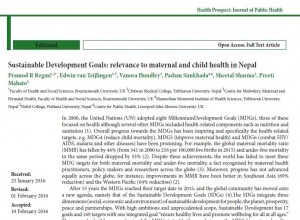


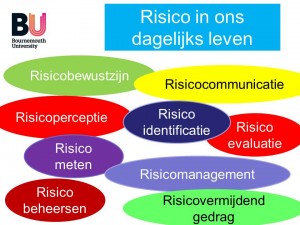

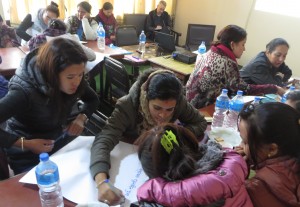
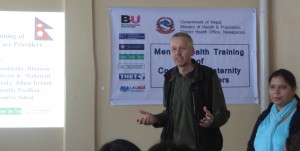

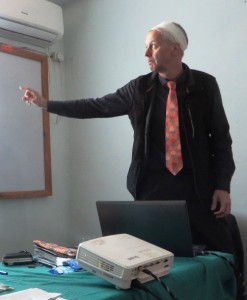
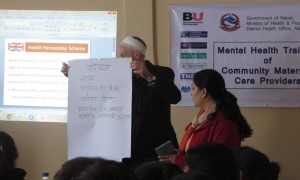
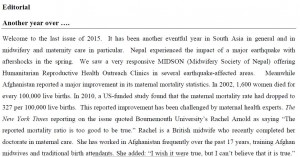

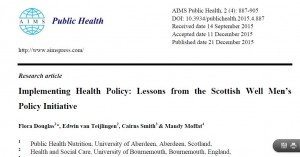












 No access to BRIAN 5-6th February
No access to BRIAN 5-6th February Missing Persons Indicator Project Recruitment
Missing Persons Indicator Project Recruitment Celebrating our Research: Postgraduate Research Showcase 2026
Celebrating our Research: Postgraduate Research Showcase 2026 Nursing Research REF Impact in Nepal
Nursing Research REF Impact in Nepal Fourth INRC Symposium: From Clinical Applications to Neuro-Inspired Computation
Fourth INRC Symposium: From Clinical Applications to Neuro-Inspired Computation ESRC Festival of Social Science 2025 – Reflecting back and looking ahead to 2026
ESRC Festival of Social Science 2025 – Reflecting back and looking ahead to 2026 ECR Funding Open Call: Research Culture & Community Grant – Apply now
ECR Funding Open Call: Research Culture & Community Grant – Apply now MSCA Postdoctoral Fellowships 2025 Call
MSCA Postdoctoral Fellowships 2025 Call ERC Advanced Grant 2025 Webinar
ERC Advanced Grant 2025 Webinar Update on UKRO services
Update on UKRO services European research project exploring use of ‘virtual twins’ to better manage metabolic associated fatty liver disease
European research project exploring use of ‘virtual twins’ to better manage metabolic associated fatty liver disease